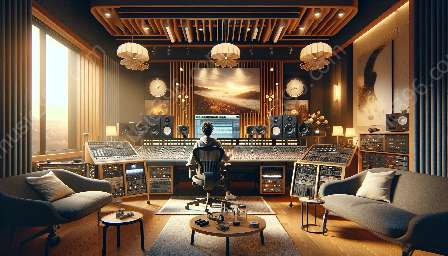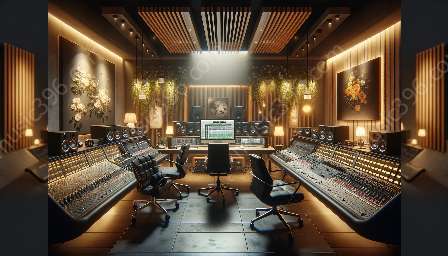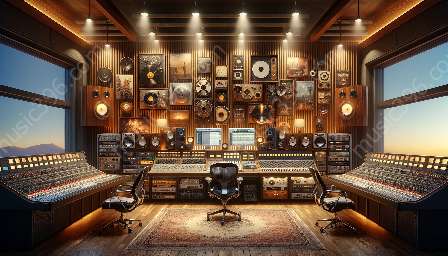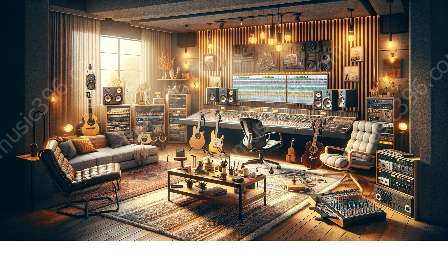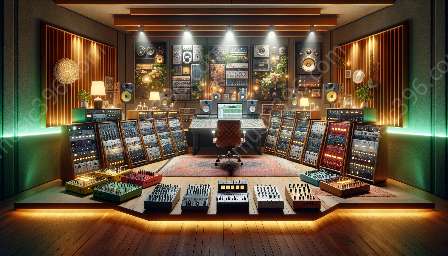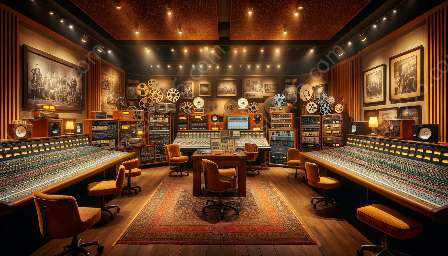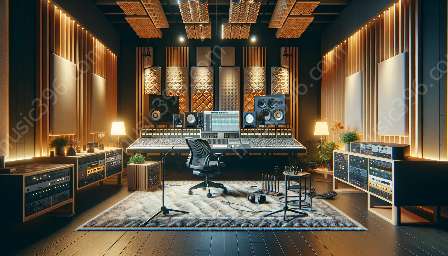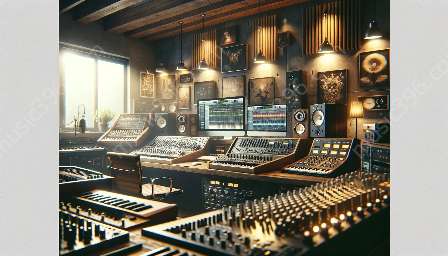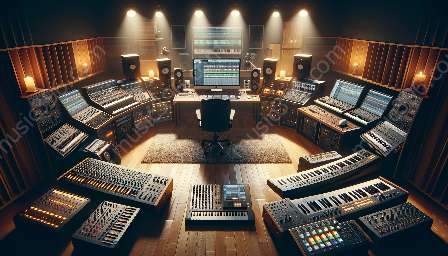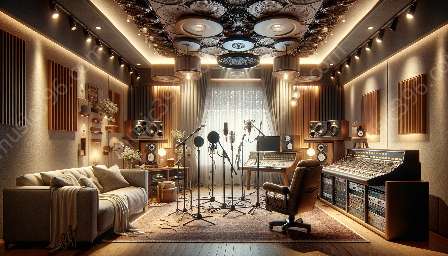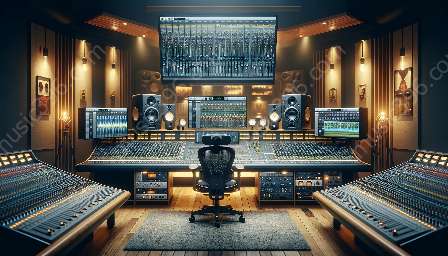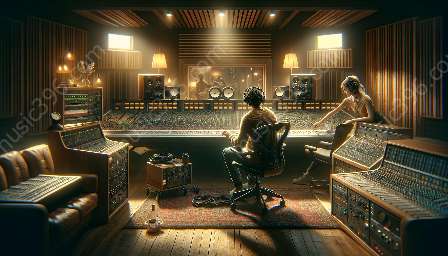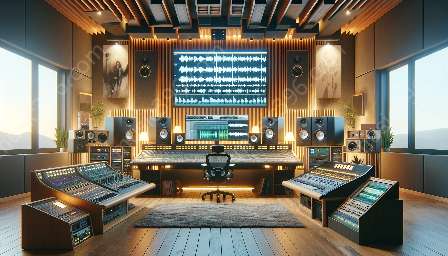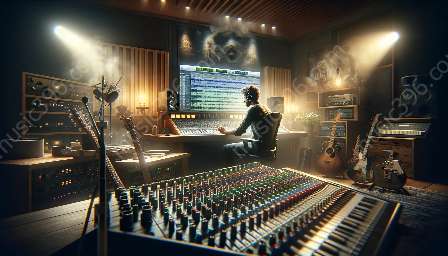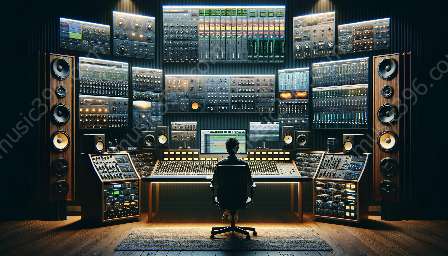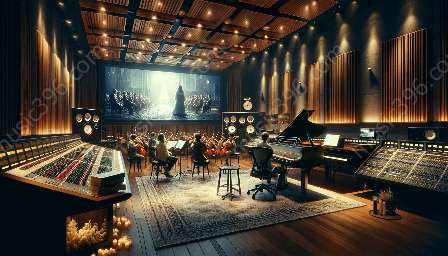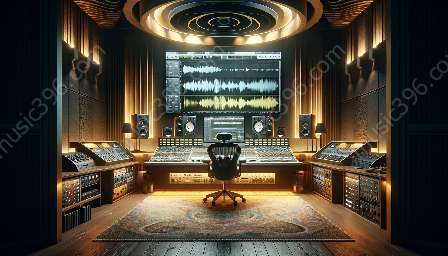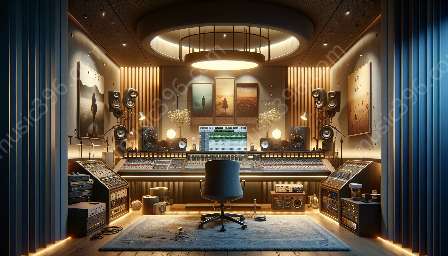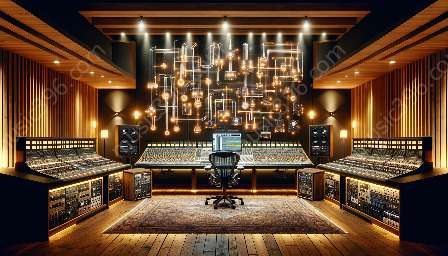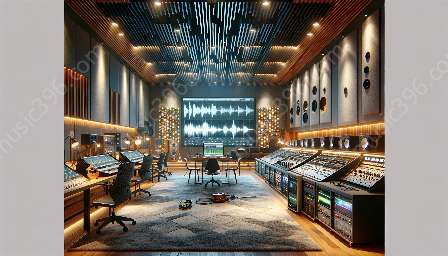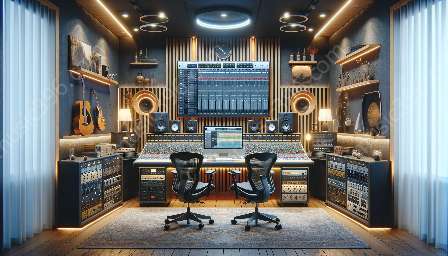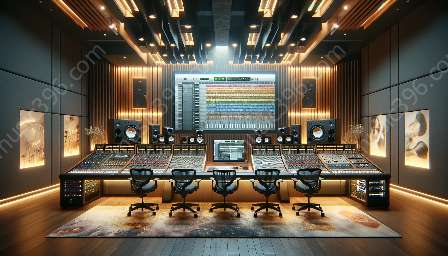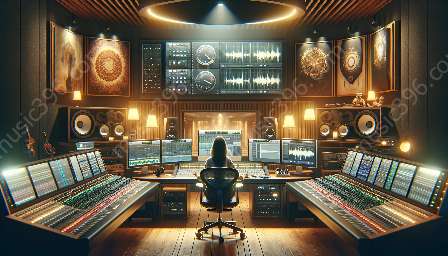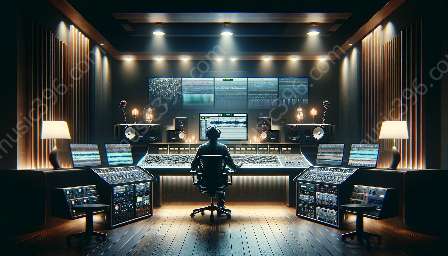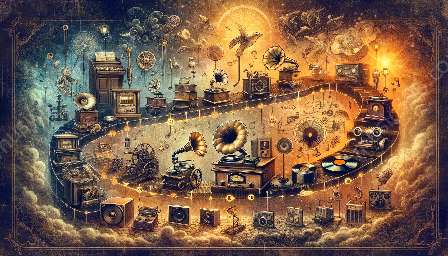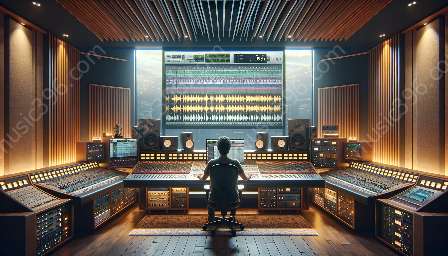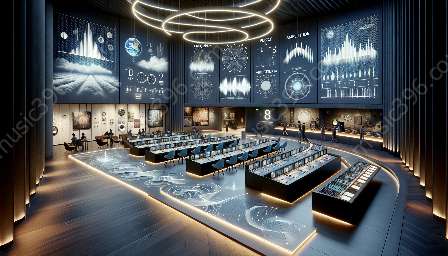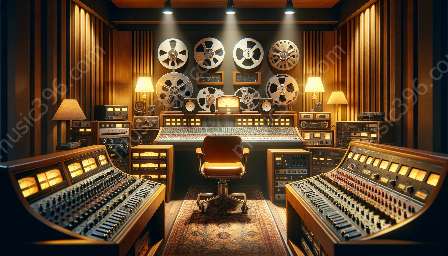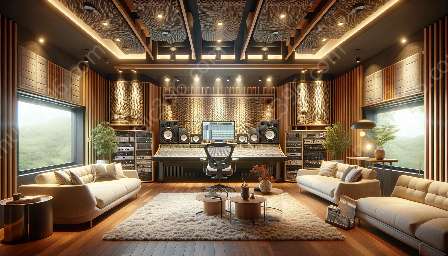In the world of music recording, studio maintenance and equipment longevity are crucial for the smooth operation of a recording studio. This topic cluster focuses on providing comprehensive guidance on managing and maintaining studio equipment, ensuring its longevity, and optimizing overall studio management.
Studio Maintenance
Studio maintenance involves a set of practices and procedures aimed at preserving the functionality and condition of recording equipment and facilities. Effective studio maintenance routines can significantly extend the lifespan of studio equipment while ensuring consistently high-quality audio recordings. Here are some key considerations:
- Regular Cleaning: Keeping studio equipment clean is essential for preventing dust and debris from affecting performance. Use appropriate cleaning materials and techniques for different types of equipment, such as microphones, mixers, and amplifiers.
- Temperature and Humidity Control: Maintaining optimal temperature and humidity levels in the studio environment is critical for preserving the integrity of sensitive electronic components. Invest in climate control systems and monitor environmental conditions regularly.
- Equipment Calibration: Periodic calibration of recording equipment, including microphones, monitors, and audio interfaces, ensures accurate performance and minimizes the risk of technical issues during recording sessions.
- Preventive Maintenance: Implement a proactive maintenance schedule that includes routine inspections, lubrication of moving parts, and timely replacement of worn-out components to prevent unexpected equipment failures.
Equipment Longevity
Maximizing the longevity of studio equipment involves strategic planning, proper handling, and investment in high-quality gear. By adopting the following practices, studio owners and recording engineers can optimize the lifespan of their equipment:
- Investing in Quality Gear: Choosing reliable and durable studio equipment, such as microphones, preamps, and studio monitors, can contribute to longer service life and better overall performance.
- Proper Handling and Storage: Educating studio personnel on proper handling, storage, and transportation of equipment can prevent accidental damage and premature wear.
- Regular Maintenance Checks: Implementing a comprehensive maintenance schedule for all studio equipment, including cleaning, inspection, and servicing, can identify potential issues early and prevent major failures.
- Upgrading Technology: While maintaining existing equipment is important, periodic upgrades to new technology and software can enhance the studio's capabilities and extend its relevance in the industry.
Studio Management
Effective studio management encompasses a broad spectrum of tasks, from overseeing daily operations to optimizing resource utilization and ensuring client satisfaction. Here are key elements of efficient studio management:
- Workflow Optimization: Streamlining recording, mixing, and mastering processes through efficient workflow design and time management can improve productivity and overall output quality.
- Equipment Inventory Management: Maintaining a detailed inventory of studio equipment and accessories, including serial numbers and maintenance records, facilitates effective maintenance planning and budgeting.
- Client Relations: Providing excellent customer service, clear communication, and accommodating client needs are essential for building long-term relationships and securing repeat business.
- Financial Planning: Implementing sound financial management practices, including budgeting, expense tracking, and revenue forecasting, ensures the sustainability of the recording studio business.
Conclusion
Studio maintenance, equipment longevity, and studio management are interconnected aspects of running a successful music recording studio. By prioritizing routine maintenance, selecting high-quality equipment, and implementing efficient studio management practices, recording studio owners and engineers can sustain a thriving studio environment and deliver exceptional audio productions.


